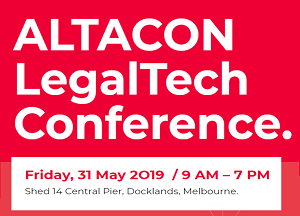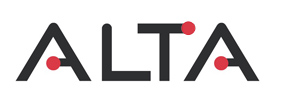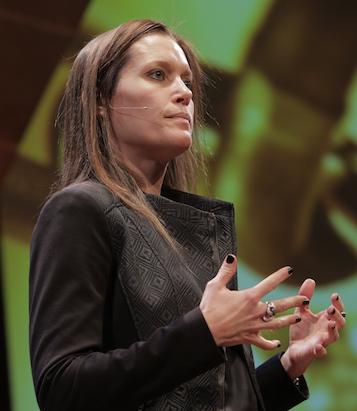With Great Legal Tech Comes Great Ethical Responsibility
Law is historically slow to catch up with innovation. Although data analytics, artificial intelligence and other twenty-first century advancements are already in use by corporations, organisations, academic institutions, health care providers and government entities, many questions remain about individual privacy, autonomy, identity and security. Even as new laws address known threats, artificial intelligence and similar technology developments will present externalities that the legal community has yet to confront.
Regulation of professions and occupational trades offers one tool to help bridge the gap between innovation and law. Most disciplines (e.g. law, medicine, engineering, social or physical sciences, trades, etc.) define what constitutes competence within the particular field via specialised education/training, certifications and licensing. Often this is described as a code of professional ethics.
The definition of ethical competence should explicitly include an obligation to continually assess the intended, known, and unintended consequences of technology innovations.
As just one example of professional ethics embracing technology, in 2012 the American Bar Association House of Delegates amended the model rule governing competence to require that lawyers “keep abreast of changes in the law and its practice, including the benefits and risks associated with relevant technology.” Thirty-five American states have adopted this this amendment. At least one has disciplined a lawyer for failing to comply.
While I have sometimes been critical of the way lawyers are regulated in the United States, this reform exemplifies a measure that protects clients and consumers while simultaneously permitting and even encouraging technology adoption, an important effort that can support other ways of facilitating entrepreneurship and innovation for the legal profession.
To be sure, this proposal alone will not resolve all of the concerns surrounding innovation in legal technology. Indeed, as I have written previously, many ethical questions still remain. Even so, instilling a duty to keep abreast of the positive and negative effects of legal technology and future inventions into the definition of ethical competence it is a pragmatic step forward and one that all jurisdictions should consider for the legal profession and beyond.
With Great Legal Tech Comes Great Responsibility
 If you’d like to know more about responsibilities in legal tech, then register now for ALTACON on 31 May, 2019 in Melbourne’s Docklands. Renee will draw upon insights from legal services innovations around the globe to help lawyers leverage great legal tech while also meeting their professional and ethical responsibilities. Check out the program packed with national and international legal + technology luminaries and thought leaders!
If you’d like to know more about responsibilities in legal tech, then register now for ALTACON on 31 May, 2019 in Melbourne’s Docklands. Renee will draw upon insights from legal services innovations around the globe to help lawyers leverage great legal tech while also meeting their professional and ethical responsibilities. Check out the program packed with national and international legal + technology luminaries and thought leaders!
About Renee Newman Knake

Renee Newman Knake is a Professor of Law and the Doherty Chair in Legal Ethics at the University of Houston, and holds the Fulbright Distinguished Chair in Entrepreneurship and Innovation at RMIT University. Recognized as an American Bar Association Legal Rebel and member of the Fastcase50, she founded one of the first law-school-based laboratories to inspire entrepreneurship and innovation in legal services. Her award-winning publications (three books and 20+ articles) are cited in a range of media including Bloomberg, CNN, and the Wall Street Journal. She served as Reporter for the ABA Commission on the Future of Legal Services as well a delegate to the World Economic Form Global Agenda Councils on Justice and Rule of Law.




